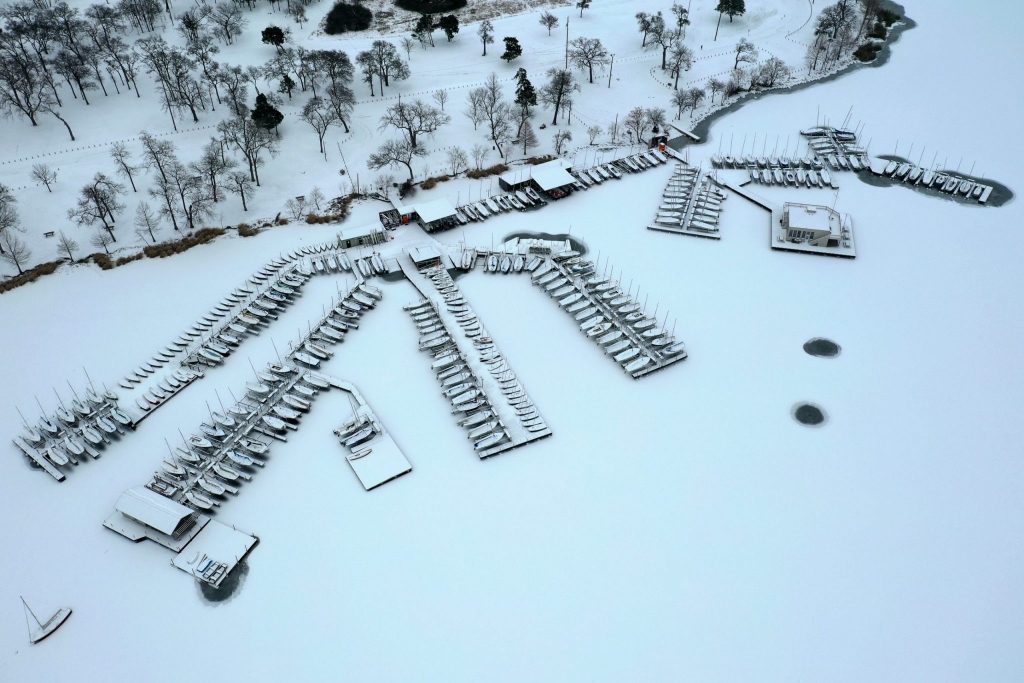It’s not true, but it does seem like trailer parks attract tornadoes more than other areas and inflict severe damage to our most vulnerable neighbors. The same was true during the cold spell at the end of February that some have dubbed snowpocalypse.
An apocalypse is literally an unveiling event. Something that is otherwise hidden is revealed. And that’s what happened when the two weeks of our winter of discontent rolled in. The most fragile homes, structures and people suffered the greatest loss.
Two women’s emergency shelters — Genesis Women’s Shelter and The Family Place — lost power and saw water pipes burst, leading to the forced evacuation of already traumatized women and children. These extraordinary nonprofits provide refuge to those who are escaping domestic violence. The storms added insult to injury.
The church I serve provided short-term relief to the 123 women and kids from The Family Place until pipes burst in our building too, and the loss of water forced another disruptive move. Whatever inconvenience others experienced during that time — some are still dealing with lingering effects of water damage — think of what it was like for these families. Their homes were not safe from the threat of physical abuse. Their emergency shelter was not safe from a severe weather event. They ended up sleeping on cots in a church that was like a dormitory with no showers or privacy.
Dallas has heroic people who look after women and children in domestic distress: Paige Flink and her staff at the The Family Place, Jan Langbein and her staff at the Genesis Women’s Shelter and Mona Kafeel at the Texas Muslim Women’s Foundation, just to name a few. Magnanimous faphilanthropy fuels these ministries. Compassionate advocates pursue social and legal protections to address abuse and give hope to those who have endured it.
Churches, synagogues, mosques and other organized faith communities don’t exist only for themselves. They are also part of the wider community and have the spiritually imposed charge to love their neighbors as themselves. Most nonprofit organizations that do charitable work are faith-based, such as The Salvation Army and Texas Muslim Women’s Foundation, or they were started by people with a faith-inspired vision of the world, such as the aforementioned women’s shelters.
All these groups form a buffer zone between government and private interests. Faith communities do not pay taxes, although the police and fire departments serve us when we need them. This arrangement is partly due to our country’s commitment to religious liberty but also to the social contract that recognizes our helpful role in contributing to the needs of the community that otherwise would require additional taxpayer burden.
Our social fabric is a complex matrix of public, private and philanthropic efforts to maintain communal well-being. When any one of these fails to do its part, we lose an important leg in the social safety net stool.
Once again during this crisis, we witnessed the important role of faithful individuals and groups doing their part.






